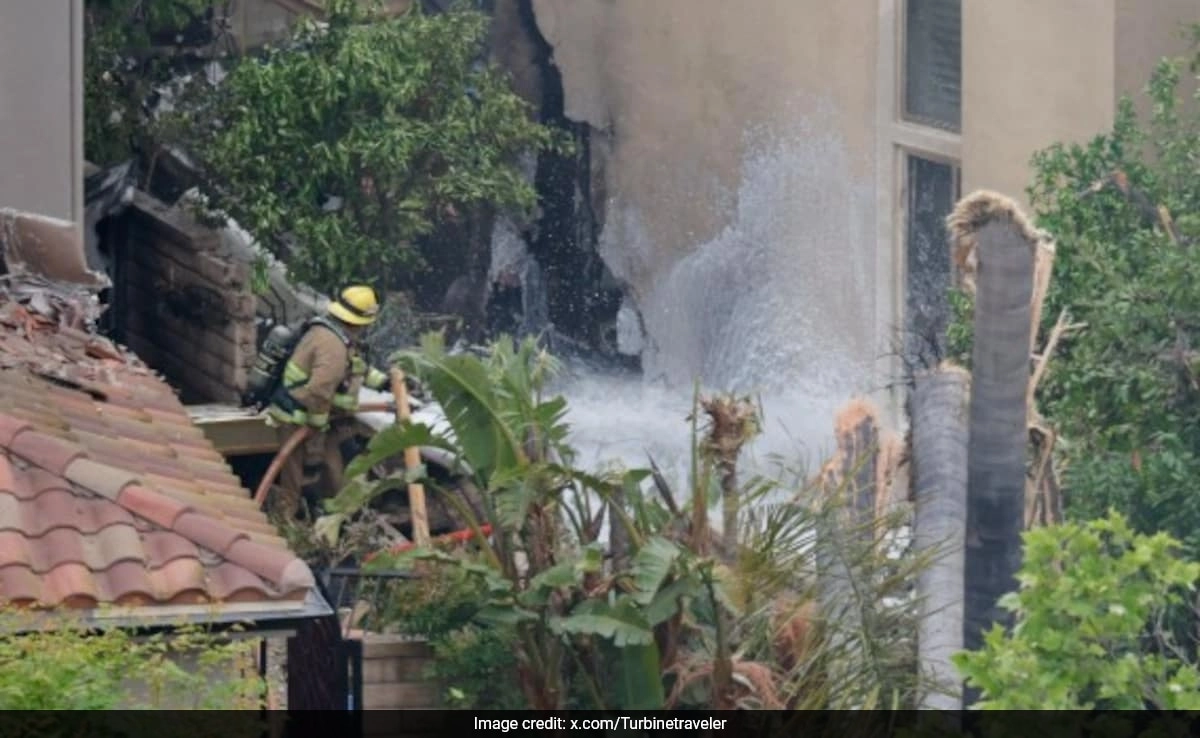Israel has announced that a ceasefire in Gaza is now in effect, igniting a wave of optimism regarding the potential end of the ongoing conflict. The announcement comes after weeks of intense fighting that has resulted in significant loss of life and widespread destruction in the region. Both local and international communities have been advocating for a cessation of hostilities, emphasizing the urgent need for humanitarian relief and the restoration of peace. The ceasefire has been met with cautious hope, as it represents a critical opportunity for diplomatic efforts to take precedence over military actions.
The situation in Gaza has been dire, with thousands of civilians caught in the crossfire, facing shortages of essential supplies like food, water, and medical care. The announcement of a ceasefire has raised hopes for the safe passage of humanitarian aid and the possibility of rebuilding lives and infrastructure that have been devastated by the conflict. Observers are closely monitoring the situation, waiting to see if both parties honor the ceasefire and engage in meaningful negotiations. The international community remains vigilant, calling for sustained dialogue to address the underlying issues that have fueled the violence.
While the ceasefire is a significant step toward peace, many challenges lie ahead. The history of conflict in the region has shown that temporary truces often give way to renewed hostilities if not followed by comprehensive discussions on key issues such as border security, the status of refugees, and mutual recognition. Activists and leaders are urging both Israeli and Palestinian authorities to seize this moment to lay the groundwork for a long-lasting resolution, emphasizing that a sustainable peace can only be achieved through cooperation and understanding. The coming days will be crucial in determining whether this ceasefire can lead to a more permanent solution, marking a new chapter in the tumultuous history of the Israeli-Palestinian conflict.




